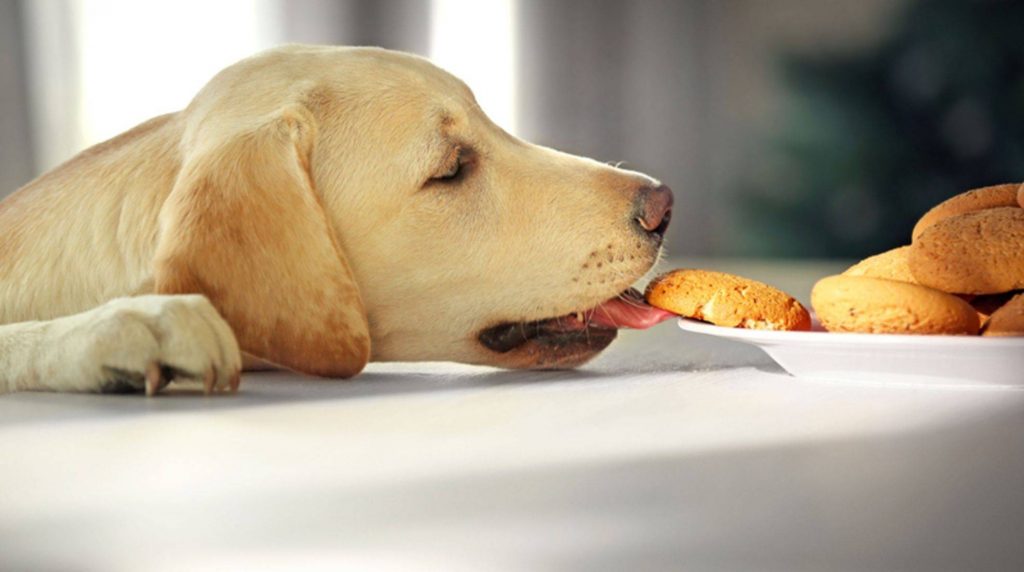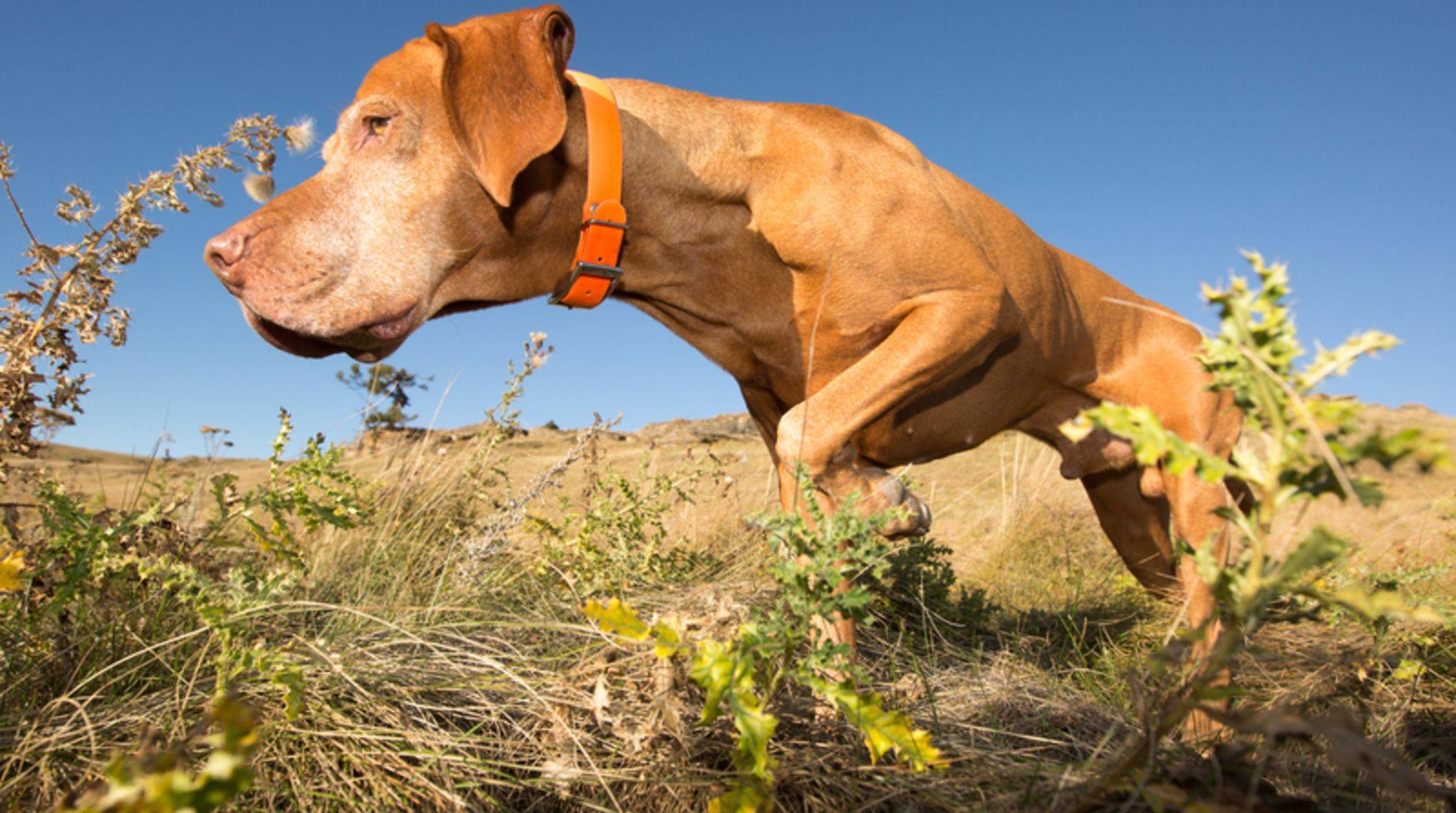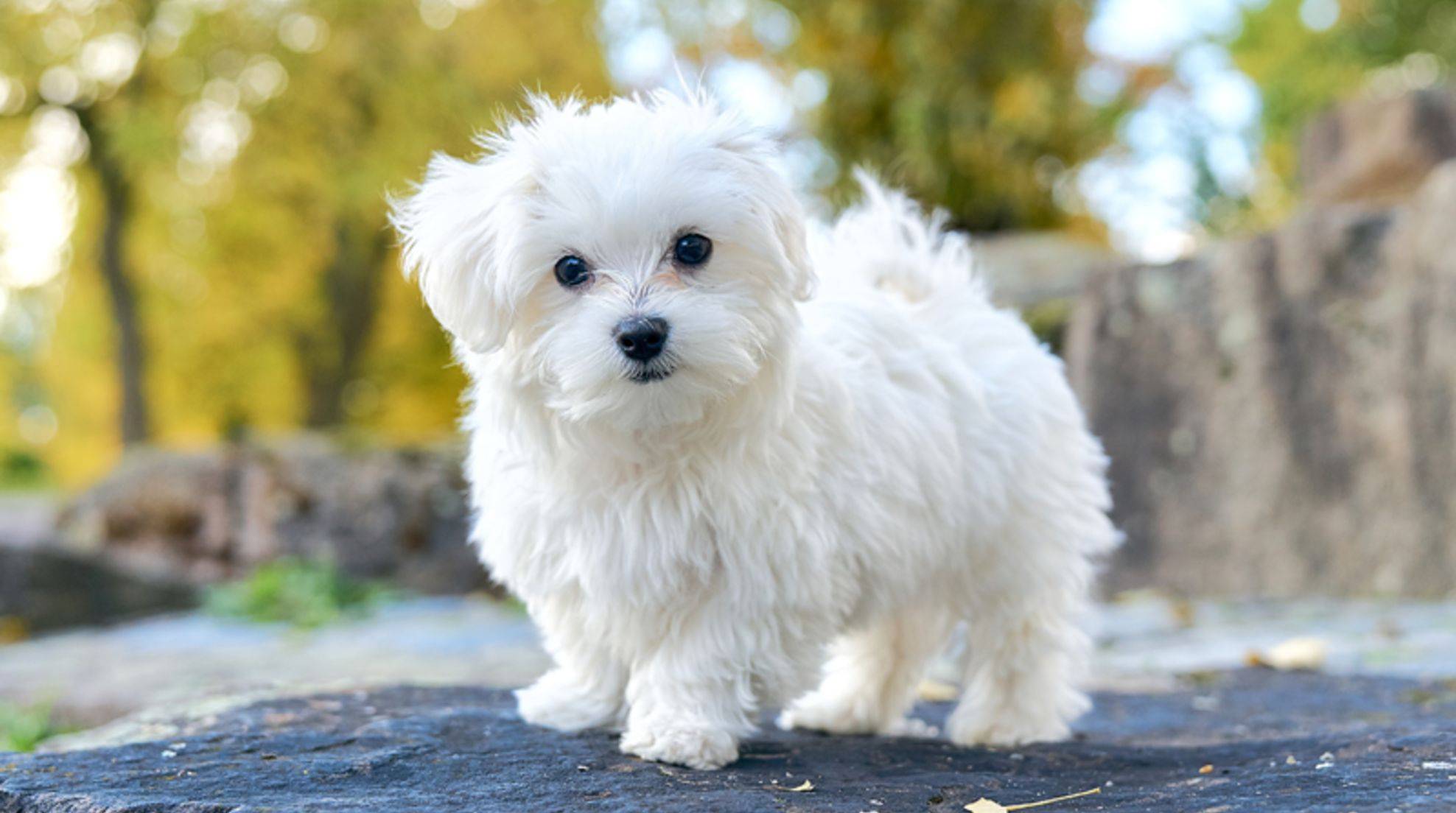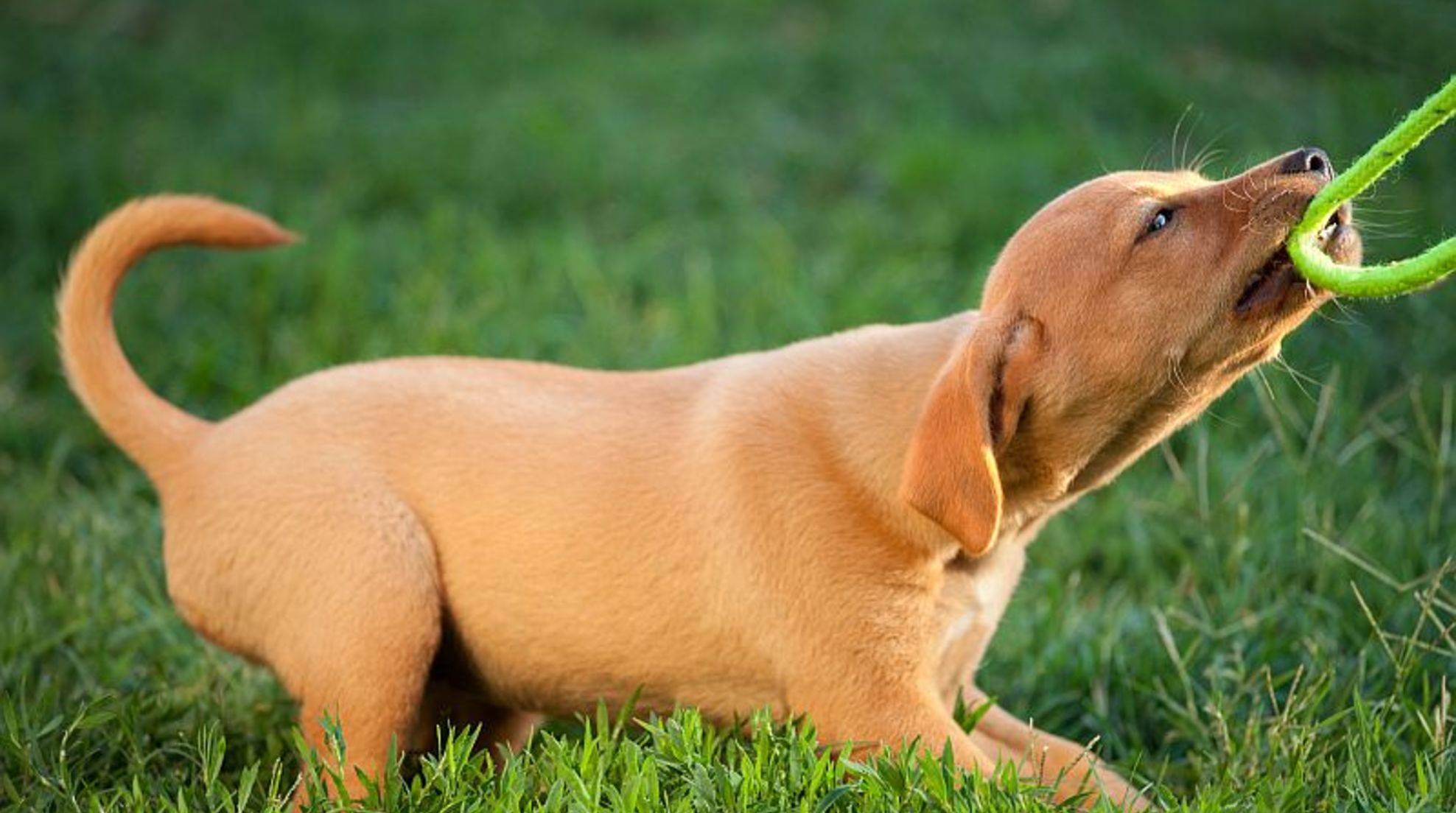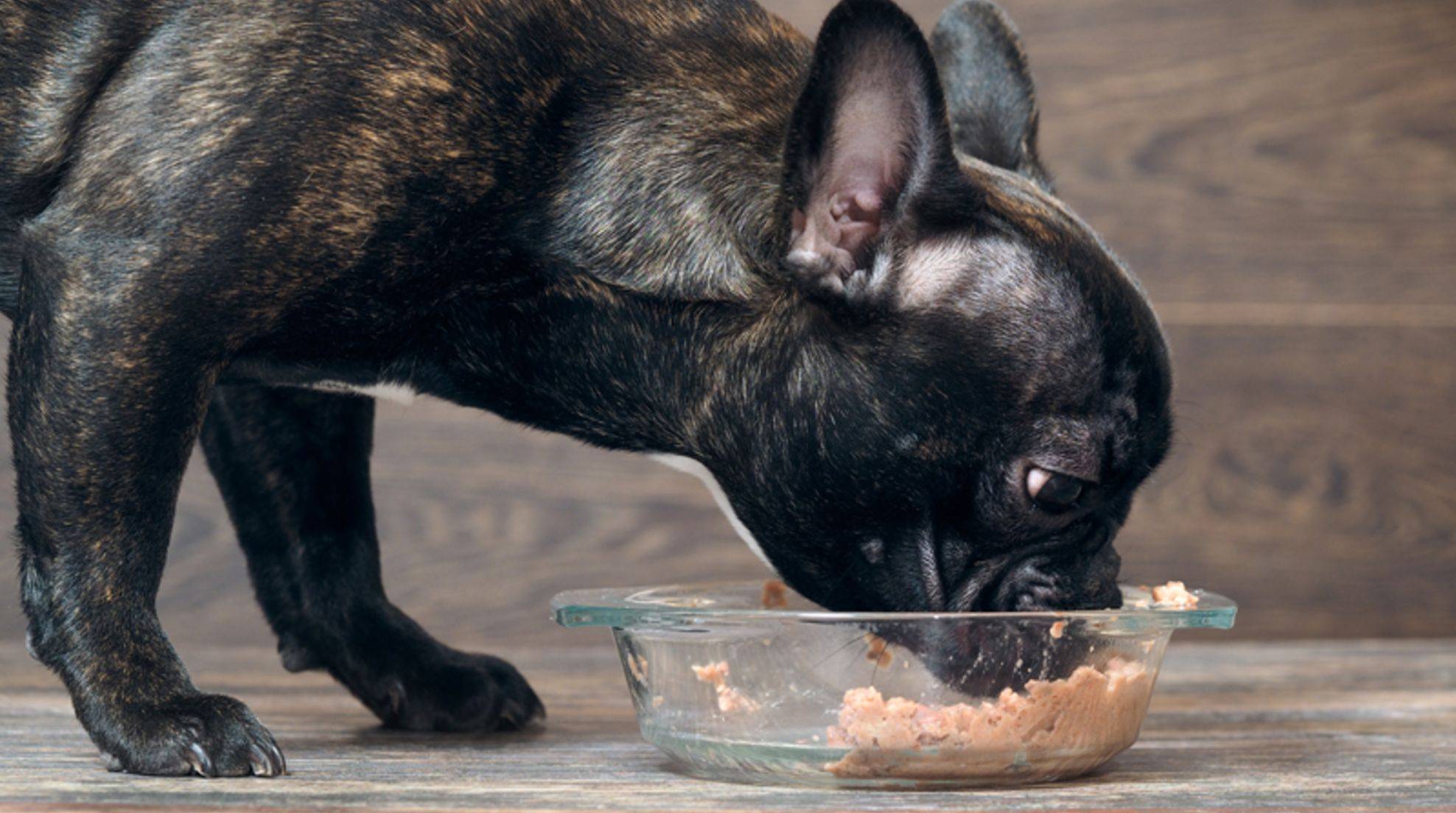Do dogs need carbohydrates in their diet?
Are carbohydrates healthy for dogs, or do grains and the like actually harm them? Should the four-legged friend perhaps prefer a “low carb” diet? These are questions that are always hotly debated among dog owners.
Dogs are not pure carnivores, but should nevertheless eat mainly proteins and fat. However, according to widespread expert opinion, carbohydrates are also suitable for the dog’s stomach – at least if the animal consumes them in moderation. To what extent the energy suppliers should be on the menu and to what extent they can even be good for the dog, you can read here.
What are carbohydrates?
Carbohydrates are named after their components: Carbon and water (“hýdor” means “water” in ancient Greek). Roughly, energy sources can be divided into several types:
● simple carbohydrates (single sugars) such as glucose, also called dextrose, or fructose (fruit sugar).
● dual carbohydrates (twofold sugars) such as lactose (milk sugar), table sugar or maltose (malt sugar).
● multiple carbohydrates (three to nine sugar molecules) such as stachyose and verbascose, which are found mainly in legumes.
● Complex carbohydrates (multiple sugars) such as starch and dietary fiber.
In principle, simple carbohydrates can be directly absorbed and utilized by the dog’s body as a source of energy. However, it does not usually need this immediately available energy. If dogs take in too much energy that they do not use, they gradually accumulate energy reserves in the form of fat deposits – they become fat. Sugar is also bad for teeth.
Multiple and complex carbohydrates can be useful for the dog. However, be sure to chop the food heavily before feeding so that the dog can utilize and digest the nutrients it contains.
Low carb is not necessarily healthy for the dog
Since carbohydrates are demonized in many human diets, many dog owners consider a “low carb” diet for their fur noses. But this is completely unnecessary, because carbohydrates are basically not harmful to dogs. In fact, four-legged friends have even adapted genetically to the point where they can use carbohydrates as a source of energy – just like us humans.
Are there good and bad carbohydrates for the dog?
On the other hand, a small amount of carbohydrates is sufficient for the dog. This is usually covered by regular dog food. In general, all carbohydrates are an important source of energy for the dog and therefore good – as long as they are not consumed excessively. Because: A disproportionate consumption of carbohydrates can lead to over-fatness, digestive disorders and dental problems, just as it does for masters and mistresses.
Pure sugar and lots of cereals should not be fed to your dog, as they provide too much energy at once, which he cannot burn as quickly. This means that sweets, bread, cakes and cookies are basically taboo for dogs. Raw fruit – for example, a grated apple in a gentle diet meal – is allowed in small quantities. Otherwise, vegetables in moderation are usually well tolerated by the four-legged friend and provide him with additional vitamins.
Positive effect of carbohydrates in dog nutrition
Some types of carbohydrates, on the other hand, can even have positive effects on the psyche of the four-legged friends. The American psychologist Dr. Holly C. Miller, together with her team, found in a study that dogs that are sufficiently supplied with carbohydrates are able to concentrate significantly better in impulse control and are more resistant to stress. A small amount of chopped fruit and vegetables in the diet is therefore not harmful for the dog, but beneficial, the research team concluded.
Result: Carbohydrates as meaningful addition in the dog nutrition
Ultimately, there is no precise information on how rich the dog food should be in carbohydrates. Therefore, it is best to observe your dog and pay attention to digestive problems and weight of the animal. What is certain, however, is that carbohydrates should not form the basis of a dog’s diet. Even if the animals are omnivores, meat should be the main part in their bowl, followed by fish and animal products. In case of doubt, you should consult a veterinarian.

